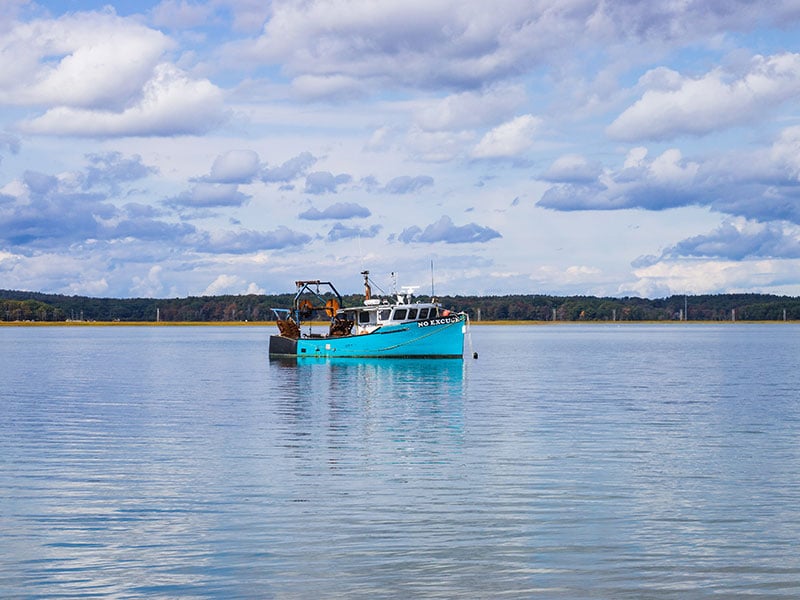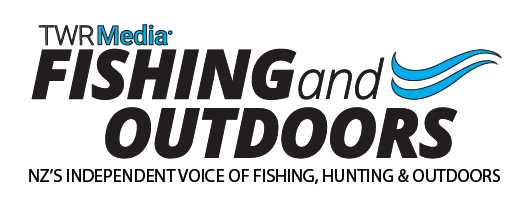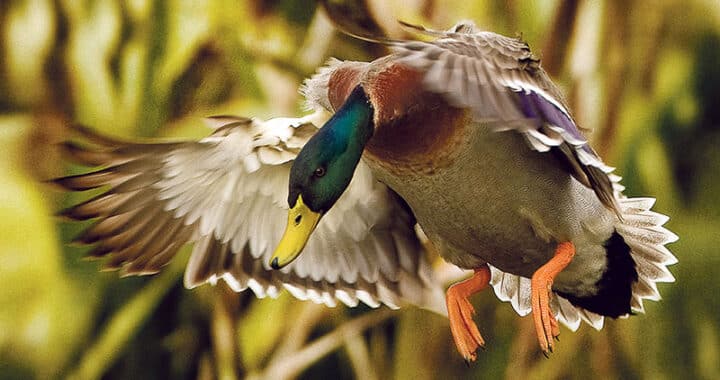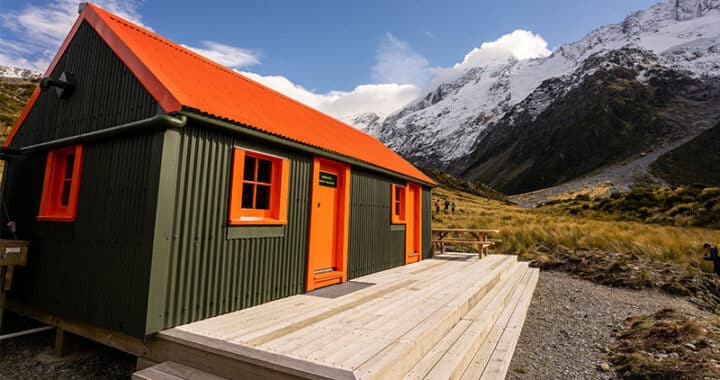Wider roll-out of cameras on boats by 2024
4 min read
Vessels that pose the greatest risk to protected species such as Hector’s and Māui dolphins, black petrels, and Antipodean albatross will be prioritised Photo: Brian Yurasits | Unsplash
Up to 300 inshore commercial fishing vessels will be fitted with on-board cameras by 2024 to protect the natural marine environment for future generations, minister for oceans and fisheries David Parker announced.
Parker said that the funding is now in place for the wider roll out of on-board cameras. The cost of the roll-out is expected to be $68 million over the next four years.
An initial camera rollout for 20 vessels in the Māui dolphin habitats off the North Island took place in 2019. The wider rollout will extend to commercial fisheries around the country.
“On-board cameras will provide independent, accurate information about commercial fishing activity. That will provide greater certainty and more evidence on which to base decisions about policy and regulation, scientific research, and fisheries management,” Parker said.
Cameras will work together with the digital tracking and reporting already in place to provide an important layer of transparency, he added.
“New Zealand’s marine ecosystems contain many species that are found nowhere else in the world. It’s imperative that we improve the data we gather, and more effectively measure how many fish are caught, to ensure more sustainable and environmental fisheries for future generations,” David Parker said.
“Consumers increasingly consider the environment when taking decisions to buy seafood. On-board cameras will enhance New Zealand’s reputation as a trusted producer of premium and sustainable seafood.”
Officials will prepare proposals on the details of the roll-out, including which fishing vessels will get cameras, where and when, as well as the level of industry contribution.
Vessels that pose the greatest risk to protected species such as Hector’s and Māui dolphins, black petrels, and Antipodean albatross will be prioritised.
“When complete, cameras will record activity on vessels responsible for about 85% of the inshore catch by volume,” Parker said.
The minister added that he would also be implementing changes to the rules governing fisheries management.
They include:
- Setting the right incentives for fishers by tightening and simplifying rules around what fish must be landed and what can be returned to the sea
- Graduated penalties to better reflect smaller-scale offending
- Responding faster to new information about the quantity of fish by allowing for pre-agreed changes to catch limits.
Read more: Fishy business: cameras onboard commercial vessels delayed
Read more: Sustainable fishing = better fishing
A win for transparency
WWF-New Zealand celebrated the Government’s announcement, saying it will improve the accountability and transparency in nearly half of the country’s inshore fisheries catch.
“Cameras on boats create certainty around the impact fishing has on fish stocks and protected species such as seabirds, seals, dolphins, and whales. So to finally see, after years of advocating, the Government committing to better transparency is important for New Zealanders and our marine environment,” said Dr Aroha Spinks, WWF-New Zealand’s Kaihautū Taiao/environmental science director.
“We are particularly pleased that there is a focus on the vessels that pose the highest risk to protected species. WWF looks forward to the data this will generate. We will finally get a true picture of the impact fisheries has on our wildlife which can enable better fisheries management, and help stop thousands of dolphins, seals, and seabirds from dying in our fisheries every year. It will also provide greater transparency for policymakers, scientists, and consumers.”
Forest & Bird also hailed the Government’s announcement as “an important moment for New Zealand’s ocean wildlife”.
“It’s been a long time coming and has taken a ground swell of public pressure but we’ve finally achieved what will be a transformative practice for our fishing industry,” said Forest & Bird chief executive Kevin Hague.
“Minister Parker’s announcement is great news for Aotearoa New Zealand’s seabirds and marine mammals and is important for the industry to re-establish trust with New Zealanders. Too often what happens at sea is out of sight and out of mind. There is a chronic, widespread problem of illegal misreporting that needs to end.
“We’re pleased the Government has adopted an approach of prioritising fishing methods and places that put wildlife in danger. Once the inshore fleet has cameras, the rest of the fishing fleet will need to follow.”
The conservationists have had a long fight for transparency and integrity.
In May 2017, the then fisheries minister Nathan Guy announced funding for GPS monitoring and electronic logbooks and was going to be “followed by cameras on every vessel phased in from 1 October next year”.
This was followed by postponements and delays, the first of which was announced in November 2017 by new fisheries minister Stuart Nash, and more recently in June 2020 when the rollout was delayed until October 2021, as the technology, already installed on a few boats in the West Coast, was not yet ready for wider distribution.
The Green Party welcomed the progress but said the Government needs to speed up the process.
“The Government’s restatement of its 2019 commitment to cameras and confirming funding is useful, but 2024 is a long time away and we’ve had many years of delays already. We need to recognise the urgency of the situation and get cameras on the fleet now.
“If the Government is going to subsidise the industry by paying a substantial part of the now $68 million estimated cost, then the funding model should be designed to incentivise rapid uptake. This needs to be sooner than 2024.
“Cameras on boats are a critical tool to ensure accurate reporting of catch and bycatch. They are needed now.”



